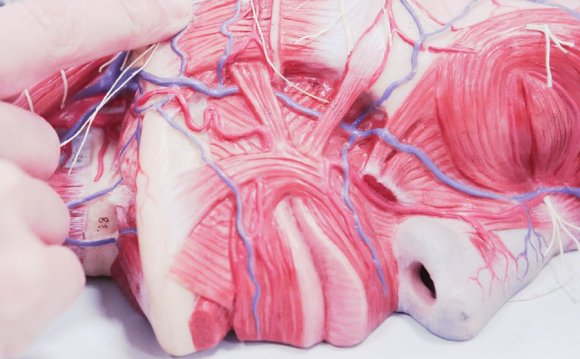
- A broad and flexible programme, looking at the science behind medicine
- Innovative approaches to individual and group learning
- A vibrant and supportive environment for personal, academic and professional skills development
- State-of-the-art research, teaching and learning resources
At present many scientific discoveries never leave the laboratories in which they are made. At the same time the needs of frontline clinicians – and their patients – often go unheard by those doing research. This career-focused degree prepares you to be able to fill these gaps, and thereby enhance the lives of patients.
Our Medical Sciences degree offers an innovative approach to learning that includes lectures from world-leading experts; supportive small-group learning; internationally renowned e-learning resources; hands-on sessions in research laboratories and clinical settings; inspirational clinician-scientist-patient sessions; and worldwide professional training placements. The curriculum combines contemporary medical science with the training required to undertake cutting-edge research.
The programme has been developed in consultation with industry employers, the NHS and academia and provides a firm foundation in the core biomedical and biomolecular sciences, alongside an insight into medical practice and the biotechnologies used to prevent, test and diagnose disorders and treat patients.
You’ll develop an integrated, scientific knowledge that you can put into practice in a clinical setting and robust research skills, plus creative and inquisitive communication, leadership, critical appraisal and problem-solving skills. These key skills will prepare you for a career helping to progress scientific discovery into clinical and medical practice, ultimately to improve human health.
Open Days

I have truly enjoyed the course so far, despite all of the hard work, and feel that it is very rewarding. The course provides you with knowledge of the science that underpins medicine and also gives you opportunities to learn various clinical skills, which has been great fun. I feel that the course has helped me develop as a person, due to the structured small group learning we do as part of ICS (integrated clinical science). This helps to develop many core skills, such as communication, leadership, and self-study. The standard of education you will receive here is top class, accompanied by support, improving your employability skills, which will make you feel prepared for the future.
Kieran Woolcock, BSc Medical Sciences, Year 1.
Programme structure
The modules we outline here provide examples of what you can expect to learn on this degree course based on recent academic teaching. The precise modules available to you in future years may vary depending on staff availability and research interests, new topics of study, timetabling and student demand.
Our Medical Sciences degree prioritises the science that underpins medicine and clinical practice, preparing you to translate scientific discoveries and technological advances into improved healthcare. To achieve this, the first part of the programme gives you a wide-ranging insight into how the human body normally works. We study this through small-group sessions (in the Integrated Clinical Science and Expanding Horizons modules), lectures and hands-on laboratory practicals.
RELATED VIDEO
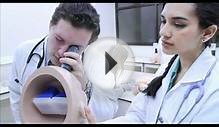
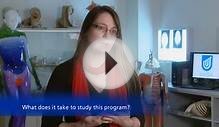


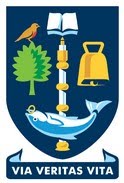 The University of Glasgow is the fourth-oldest university in the English-speaking world and one of Scotland's four ancient universities. Located in Glasgow, United Kingdom, the university was founded in 1451 and is presently one of nineteen British higher education...
The University of Glasgow is the fourth-oldest university in the English-speaking world and one of Scotland's four ancient universities. Located in Glasgow, United Kingdom, the university was founded in 1451 and is presently one of nineteen British higher education...
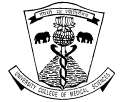 University College of Medical Sciences or U.C.M.S is medical college affiliated to the University of Delhi imparting medical education in Delhi, India. It is associated with Guru Teg Bahadur Hospital,Dilshad garden which serves as a teaching hospital.The college is...
University College of Medical Sciences or U.C.M.S is medical college affiliated to the University of Delhi imparting medical education in Delhi, India. It is associated with Guru Teg Bahadur Hospital,Dilshad garden which serves as a teaching hospital.The college is...








